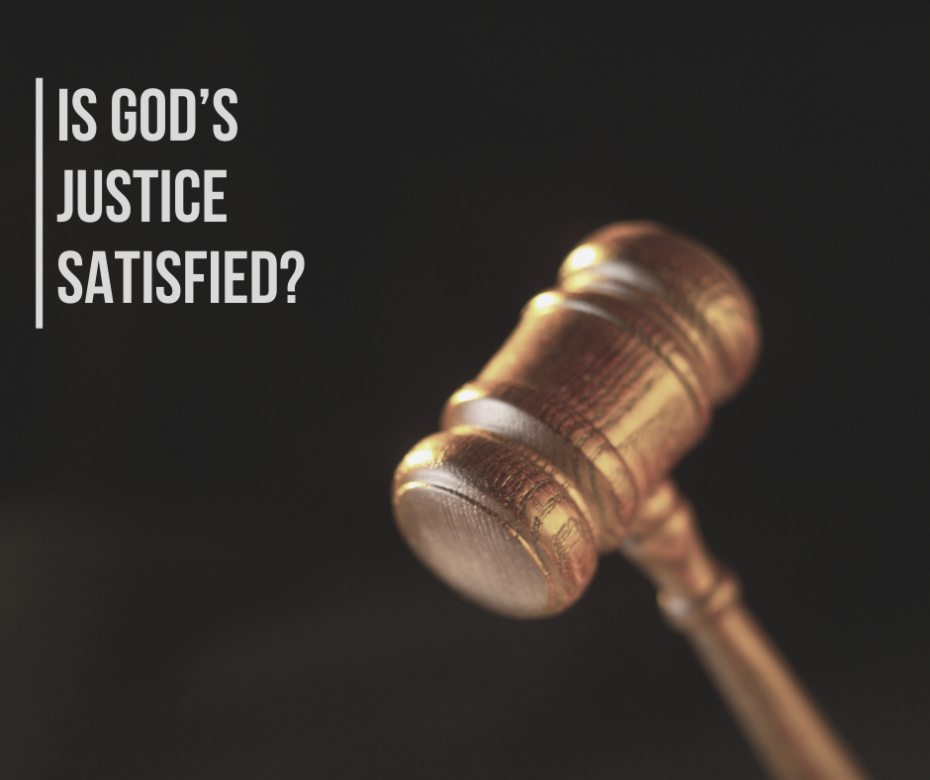A moral objection to eternal conscious torment (ECT) is that if sinners are tormented in hell for all eternity (or, to be more precise, the lake of fire), then God’s justice is never satisfied. Think of it like a mortgage—at some point, you pay it off and satisfy the debt. Or, with a prison sentence, eventually you serve your final day and satisfy your debt to society. But if the punishment of the lake of fire goes on forever and ever, then God’s justice is never satisfied. This is supposed to be a serious problem for ECT.
When I heard that objection, I noted that it assumes that ECT is a judicial punishment for sin. Traditional versions of ECT accept that assumption. And they would likely answer the objection by saying that since sin is against an infinite God, it deserves an infinite penalty (i.e., ECT). Hence, this is a special kind of debt, one in which God’s justice is satisfied, not by ending the punishment, but by meting it out eternally.
That’s one option. Is there another?
Zane Hodges had two interesting ideas that takes ECT in a different direction and provides a different answer to the objection above.
First, Hodges argued that at the cross, Jesus took away the sin of the world (John 1:29). For Hodges (possibly echoing L. S Chafer), that meant Jesus took away the sin barrier for everyone. Thanks to the cross, no one has a sin problem with God, so much as a Son problem. In other words, Hodges might say that God’s justice was already satisfied at the cross. “At the cross, Jesus Christ suffered the punishment that God, the Judge of all men, demands for sin. It cannot ever be paid again. No one will ever suffer a judicial punishment for sin, because Jesus paid that” (“What Do We Mean By Propitiation?” p. 40). The lake of fire does not satisfy God’s justice. Hence ECT does not satisfy God’s justice. God’s justice is already satisfied by the death of Christ. But that raises the obvious question—if God’s justice is already satisfied why does anyone go to the lake of fire?
Second, Hodges suggested that the lake of fire is not judicial punishment for sin, but the natural consequence of lacking eternal life. What’s the difference? For example, one day my daughter Scout was going to touch the bug-zapper. I warned her not to do it, more than once. But she did it anyway. And she got zapped! Was the reason why she got zapped because I was doling out some parental punishment for disobedience? Not at all. She reaped the natural consequence of touching an electric bug zapper. Hodges used the illustration of a drug dealer who gets killed in a shootout, instead of being convicted by a court of law (“What Do We Mean By Propitiation?” p. 40). Likewise, people who reject Jesus’ promise of eternal life reap the natural consequence of lacking that life—eternal separation from the source of all goodness, life, and virtue (i.e., God).
So, to return to the original objection: “If ECT is true, then God’s justice is never satisfied.” The objection wrongly assumes that ECT is judicial punishment for sin. Instead, God’s justice was satisfied at the cross. Eternal separation from God in the lake of fire is the natural consequence of rejecting Christ’s gift of everlasting life.


